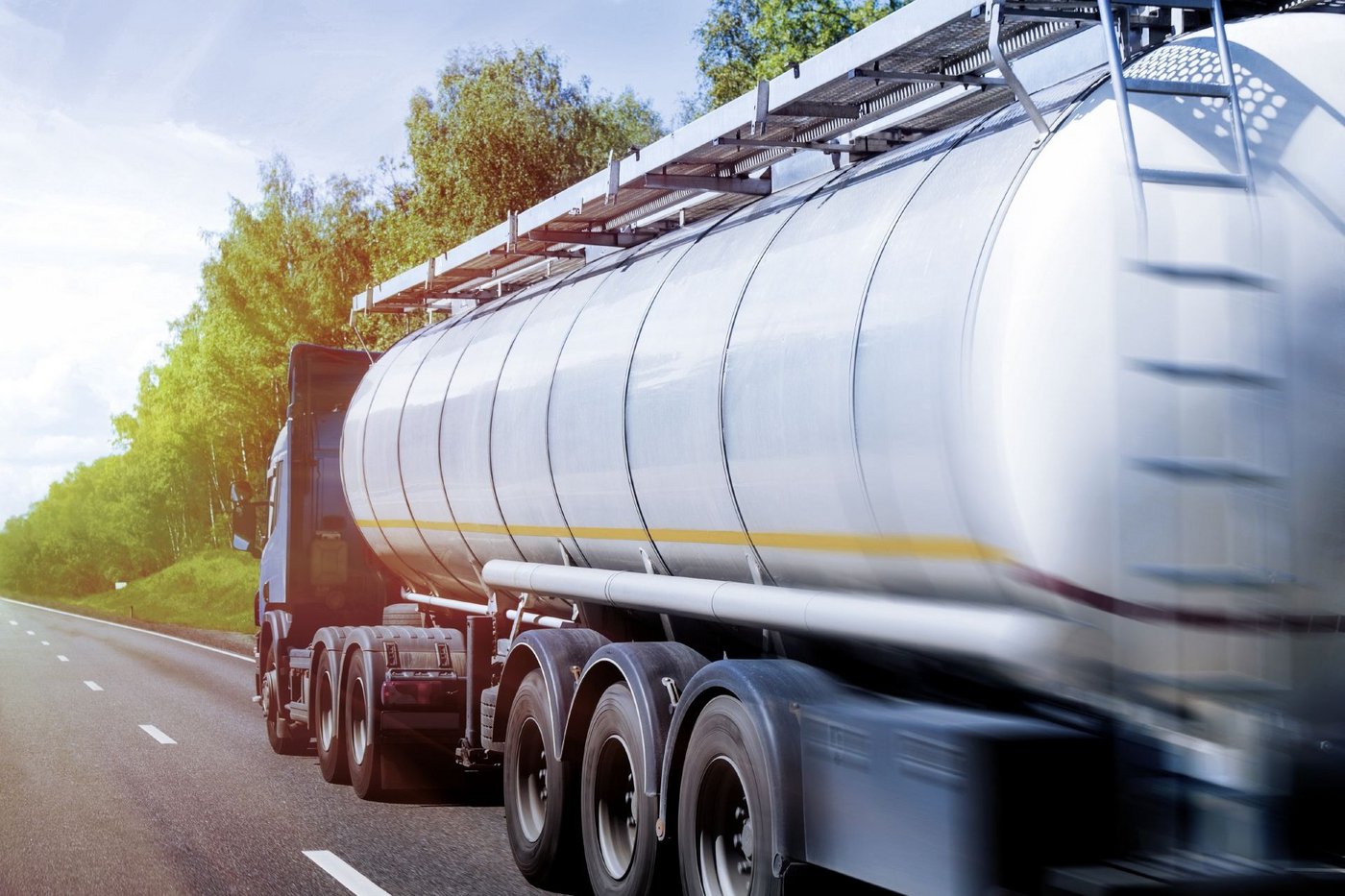Efficiënt verpompen van chemicaliën, oliën of viskeuze vloeistoffen
Technische oplossingen voor het verpompen van diverse media
Of ze nu chemicaliën, oliën of viskeuze vloeistoffen voor de voedingsmiddelenindustrie transporteren: tankwagens moeten snel en nauwkeurig worden gevuld en gelost kunnen worden. Ook hier kost tijd geld en een onnauwkeurige behandeling kan onverantwoord of zelfs gevaarlijk zijn. Pompen voor tankwagens moeten daarom voldoen aan veiligheidseisen en mogen niet te groot of te zwaar zijn. Dit zijn eigenschappen die vaak de capaciteit beperken.
Dankzij het compacte en toch robuuste ontwerp behoren de lobbenpompen van Vogelsang tot de meest gekochte industriële pompen in de globale transport- en logistieksector. Ze kunnen allerlei soorten hoogviskeuze of aggresieve vloeistoffen verpompen, zelfs vloeistoffen die abrasieve materialen bevatten, zonder verstopt te raken. Dit is dankzij het unieke ontwerp van de lobbenpompen dat ook eenvoudig en snel onderhoud mogelijk maakt zonder dat de pomp hoeft te worden gedemonteerd. Niet dat er veel onderhoud noodzakelijk is, want de Vogelsang-oplossingen zijn buitengewoon robuust, pulsatievrij en slijtvast. Nog een voordeel van de lobbenpompen op tankwagens is de omkeerbare pomprichting. Dit is een groot voordeel in vergelijking tot excentrische wormpompen, die per 2 moeten worden gemonteerd: één voor het vullen en één voor het lossen.



